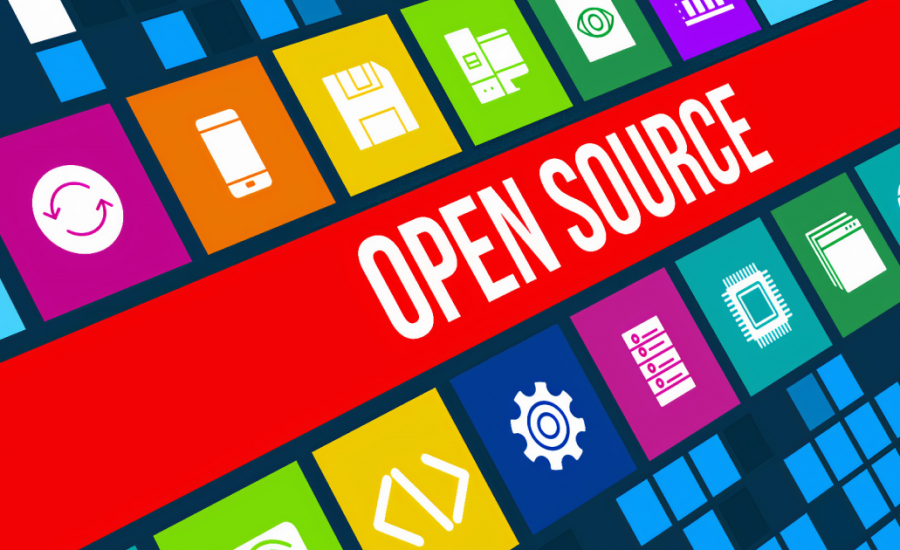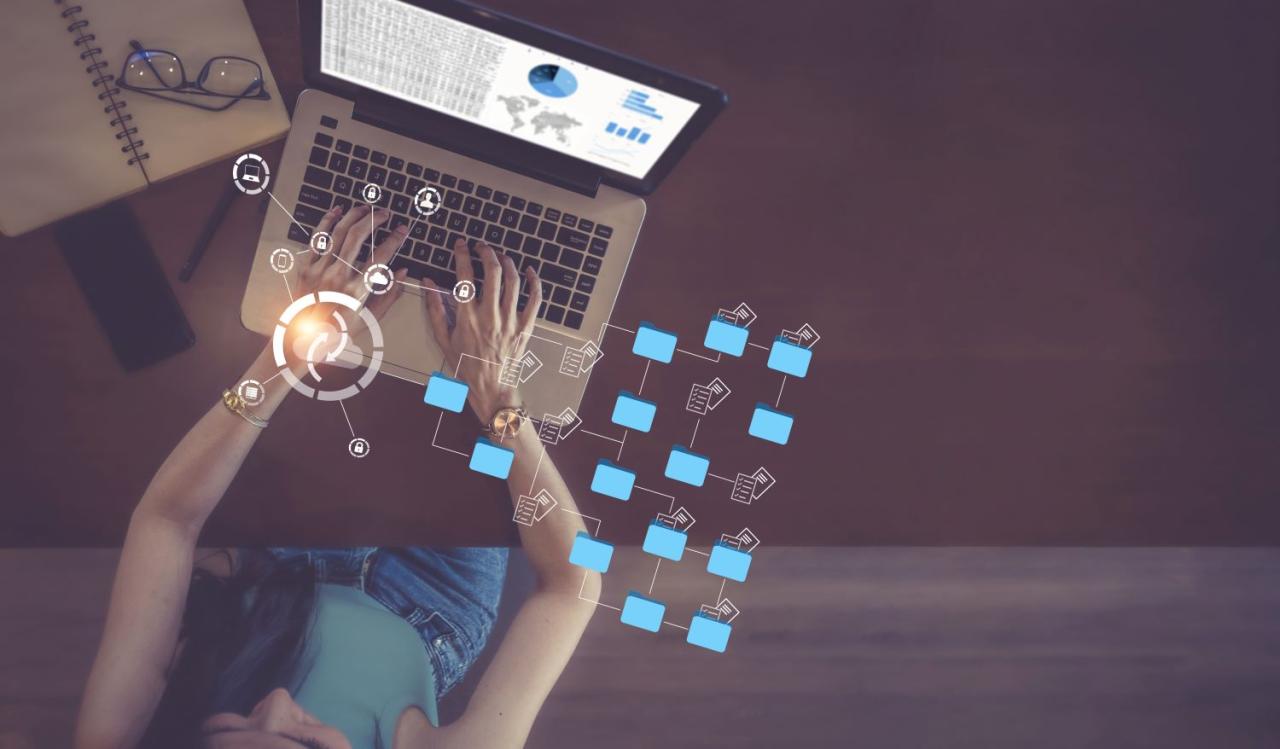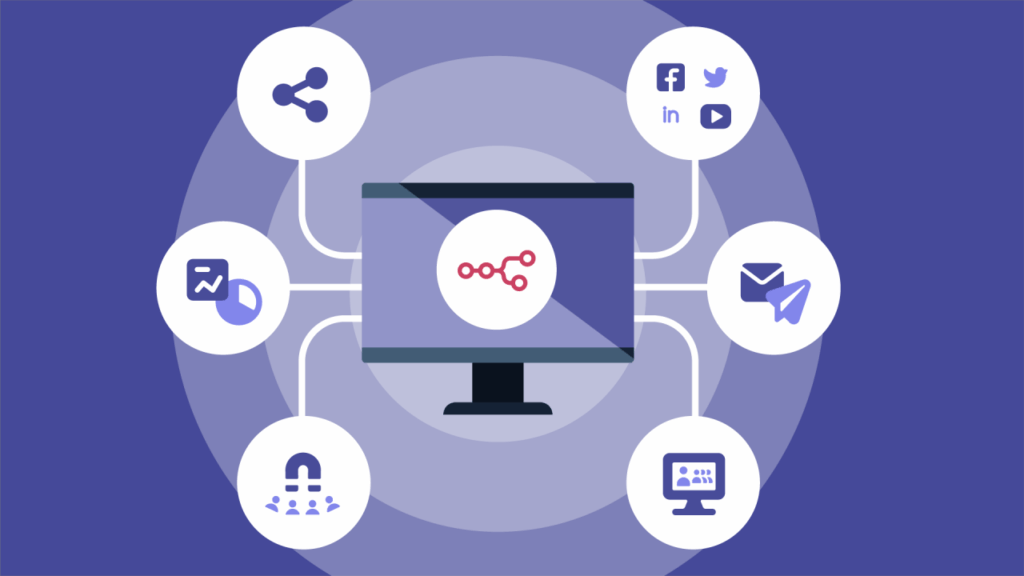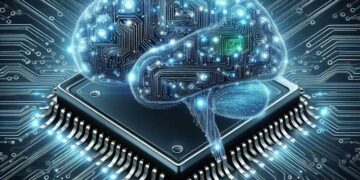In the vast and ever-expanding universe of technology, one concept has transcended its origins to become a foundational pillar of modern innovation: open-source. More than just a method of software development, open-source is a global movement driven by principles of collaboration, transparency, and free access, creating a profound global impact that touches virtually every industry and individual. From the operating systems that power our smartphones to the web servers that run the internet, open-source software is the silent engine of the digital world. Understanding the philosophy behind this movement, its diverse applications, and the immense benefits and challenges it presents is crucial for developers, businesses, and policymakers who wish to comprehend and contribute to the future of technology.
The Genesis of a Movement

The open-source movement was born from a simple yet radical idea: that software should be a shared resource, freely available for anyone to use, modify, and distribute. This philosophy stands in stark contrast to the traditional, proprietary model, where software is a closely guarded secret, and access is tightly controlled.
A. The Philosophical Pillars of Open-Source
The open-source movement is built on a foundation of core philosophical principles that define its unique character and drive its global impact.
- Collaboration: The open-source model is a testament to the power of collaboration. It brings together a global community of developers, all working together to improve a piece of software. This collective intelligence and diverse range of perspectives often lead to a more robust, innovative, and secure product than a single company could create.
- Transparency: In the open-source world, the source code of a piece of software is publicly available for anyone to inspect. This transparency builds trust, as it allows users to verify the security and integrity of the software. It also fosters a culture of shared learning, as developers can study the code to improve their own skills.
- Freedom and Accessibility: The open-source movement is built on a foundation of freedom. The software is free to use, free to modify, and free to distribute. This accessibility has been a powerful engine of innovation, as it allows developers, startups, and individuals with limited resources to build upon a vast library of high-quality software.
- Decentralization: The open-source model is inherently decentralized. There is no single central authority that controls the development of a piece of software. Instead, the community, with its diverse range of contributors, governs its direction. This decentralization makes open-source software more resilient and less susceptible to the whims of a single corporation.
- Meritocracy: The open-source world is a meritocracy. A developer’s influence in the community is not based on their title, their company, or their education, but on the quality of their code and the value of their contributions. This creates a culture of innovation and excellence that is fueled by talent, not hierarchy.
B. The Legal and Licensing Framework
The open-source movement is not without its rules. It is governed by a set of legal licenses that ensure the software remains free and open for all.
- The GNU General Public License (GPL): The GPL is one of the most famous open-source licenses. It is a “copyleft” license, meaning that any derivative work that uses GPL-licensed code must also be released under the GPL. This ensures that the software remains free and open for all.
- The MIT License: The MIT license is a more permissive license. It allows developers to use, modify, and distribute the software with very few restrictions, even in proprietary products. This has made it one of the most popular open-source licenses for commercial use.
- The Apache License: The Apache license is another permissive license that is widely used in the open-source world. It allows for the use of the software in proprietary products, but it requires that any modified versions of the software be clearly labeled as such.
The Pervasive Impact for Digital World
Open-source software is the invisible engine that powers our digital lives, touching every aspect of technology, from the internet and cloud computing to artificial intelligence and mobile devices.
A. The Infrastructure of the Internet
- Operating Systems: Linux, a free and open-source operating system, is the backbone of the internet. It powers the vast majority of web servers, cloud computing infrastructure, and supercomputers.
- Web Servers: Apache and NGINX, two open-source web servers, are used to serve the vast majority of websites on the internet.
- Databases: MySQL and PostgreSQL, two open-source databases, are used by millions of websites and applications.
- Programming Languages: Programming languages like Python, PHP, and JavaScript, all of which have a strong open-source community, are used to build the vast majority of websites and applications.
B. Cloud Computing and Modern Enterprise
- Cloud Infrastructure: Open-source software is the foundation of cloud computing. Platforms like OpenStack and Kubernetes, an open-source container orchestration system, are used by millions of developers and companies to build, deploy, and manage their applications in the cloud.
- Big Data and Analytics: Open-source software is a cornerstone of the big data revolution. Frameworks like Hadoop, Spark, and TensorFlow, an open-source machine learning framework, are used to process and analyze vast amounts of data.
- DevOps and Automation: Open-source software is a key component of the DevOps movement. Tools like Ansible, Jenkins, and Git, a version control system, are used by developers to automate the software development process.
C. Artificial Intelligence and Machine Learning
- AI Frameworks: The AI revolution is being fueled by open-source software. Frameworks like TensorFlow and PyTorch, which are both open-source, have made it possible for a global community of researchers and developers to build, train, and deploy AI models.
- Research and Development: Open-source software has democratized AI research. Researchers from around the world can collaborate, share code, and build upon each other’s work, which has accelerated the pace of innovation in the field.
- Ethical AI: The transparency of open-source software is crucial for building ethical and unbiased AI. It allows researchers and developers to inspect the code and the data that are used to train AI models, which can help to identify and mitigate bias.
D. Mobile Devices and Consumer Technology
- Android Operating System: Android, which is based on the Linux kernel, is a free and open-source operating system that powers billions of smartphones and tablets around the world.
- Firefox Web Browser: Firefox, an open-source web browser, is a testament to the power of open-source software to compete with proprietary products.
- Consumer Electronics: Open-source software is used in a wide range of consumer electronics, from smart TVs and routers to wearable devices and smart home technology.
The Benefits and Challenges of Open-Source

While the impact of open-source software is profound, its adoption is not without its benefits and challenges.
A. The Unbeatable Benefits
- Cost-Effective: Open-source software is often free to use, which makes it a cost-effective solution for startups, small businesses, and individuals with limited resources.
- Innovation: The collaborative and decentralized nature of open-source development often leads to a more robust, innovative, and feature-rich product than a proprietary one.
- Security: The transparency of open-source software makes it more secure. A global community of developers can inspect the code for vulnerabilities, and a bug that is found is often fixed much faster than in a proprietary product.
- Flexibility: Open-source software is flexible. Developers can modify the code to meet their specific needs, and they are not locked into a single vendor or a single platform.
- Talent Development: The open-source community is a great place for developers to learn new skills, build a portfolio, and network with other professionals.
B. The Key Challenges
- Lack of Support: While the open-source community is often very supportive, it does not provide the formal, paid support that a proprietary product does. For a business, this can be a risk.
- Complexity: Some open-source software can be complex to install, configure, and manage. It often requires a high degree of technical skill.
- Inconsistent Quality: While many open-source projects are of a very high quality, some are not. The quality of a project can vary widely depending on the size and the commitment of the community.
- Licensing Complexity: The legal and licensing framework of open-source software can be complex, and a business must be careful to ensure that it is in compliance with the license of the software it is using.
- Fragmented Development: The decentralized nature of open-source development can sometimes lead to fragmented development, with multiple projects working on a similar problem.
The Future of Open-Source
The future of open-source software will be defined by a new era of collaboration, with new models of development, new forms of monetization, and new opportunities for innovation.
A. The Rise of “Open-Source Companies”
- The Freemium Model: Many companies are now building a business around open-source software. They offer a free, open-source version of their product and a paid, proprietary version with additional features and support.
- Cloud-Based Services: Companies are offering cloud-based services that are built on open-source software. This allows them to monetize the software without charging for the code.
- Open-Source Foundations: Many open-source projects are now supported by non-profit foundations, which provide funding, governance, and a legal framework for the project.
B. AI and Open-Source
- Open-Source AI Models: The future of AI will be driven by open-source models. A global community of researchers and developers can collaborate, share data, and build upon each other’s work, which will accelerate the pace of innovation and help to build a more ethical and unbiased AI.
- Open-Source Data: The future of AI will be shaped by open-source data. A global community can collaborate to build and share high-quality, open datasets, which will help to democratize AI research and development.
- The Ethical Imperative: The transparency of open-source software is crucial for building ethical AI. It allows researchers and developers to inspect the code and the data that are used to train AI models, which can help to identify and mitigate bias.
C. The Role of Open-Source in a Distributed World
- Remote Collaboration: The open-source model is a perfect fit for a remote and distributed world. A global community of developers can collaborate on a project without being in the same office or even the same country.
- Talent Development: The open-source community is a great place for developers to learn new skills and build a portfolio, which is a key component of a modern, distributed workforce.
- Open Hardware: The principles of open-source are now being applied to hardware. A global community of engineers can collaborate to design and build open-source hardware, from 3D printers and robots to microprocessors and computers.
Conclusion
Open-Source’s Global Impact is a story of a movement that has transformed the world of software development and become a foundational pillar of modern technology. From the infrastructure of the internet to the AI that powers our digital lives, open-source software is the silent engine of the digital world.
While the challenges of licensing, support, and quality are real, the benefits of collaboration, transparency, and accessibility are undeniable. The future of technology will be shaped by a new era of collaboration, with new models of development, new forms of monetization, and a renewed commitment to the principles of open-source. The open-source movement is not just about a better way to build software; it is a testament to the power of human collaboration, a profound and enduring force that will define the future of technology and innovation for generations to come.







